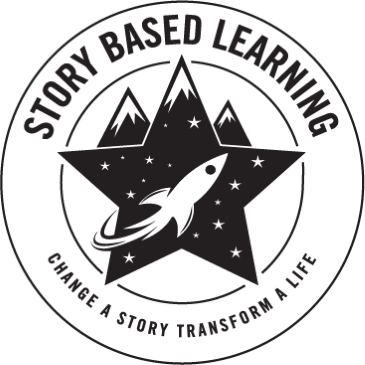
13 Feb The Peacemaker – Nine Types of Learners
Meet Peter and Polly.
Calm, peaceful, agreeable, mediators.
The Peacemaker is so in tune with what others around them are thinking that sometimes they forget to check in with themselves. They go with the flow (but don’t like being controlled), drawing comfort from familiar habits and routines.
Learning Style
Structure is important to Peter and Polly. The known processes and procedures help them to move forward as they can often struggle to prioritise. The brain of a Peacemaker can reduce copious amounts of information into a workable system.
Immersive learning, movement and physical experience will help these students anchor information into their minds. Repetition isn’t boring for a Peacemaker. There is comfort in the familiar.
Decision-making and just getting started can be difficult for Peacemakers, as they can often delay by gathering inessential information. However, when a deadline approaches, they can surge into action and become unstoppable.
Environment
A harmonious learning environment is very important to a Peacemaker. This is because they absorb the energy of those around them (often without even realising it).
Where the group is cohesive, Peter and Polly will thrive and be enthusiastic participants. They are more than happy to participate in activities but it is not recommended to push them to go first.
A classroom with familiar routines and a stable authority structure allows Peacemakers to feel safe and to act as the glue in the group. However, If Peter or Polly feel as if they are being overly directed or controlled, they will passively resist and become stubborn.
Tips
If you have a Peter or a Polly in your life, you can help them in the following ways:
- Peacemakers can often get overlooked because they blend in with others in order to keep harmony. Try and notice what they do and affirm their importance to you and the family. Positive affirmation is so powerful for these students and they will be enabled to believe in themselves when they hear that you believe in them too.
- Work with them to set goals and reward their progress. Peacemakers struggle to come up with priorities and structures on their own, so help them to figure it out and enable them to get started.
- Encourage time out to help them figure out their true needs and opinions and don’t try to force them to share their views in the moment (or they will just echo what you think). Affirm that their views are valued and important too.
- When they get into a space where everything stalls and they have tuned out from life, help them to find and articulate what originally frustrated or angered them so that they can use the expression of this emotion to move forward.
- Reinforce to them that it is not their responsibility to make sure everyone in the family is okay, but that the family will work together to achieve peace.
Peacemakers can be an exceptional grounding force in our tumultuous world. With strengths such as the ability to adapt, bringing people together, ensuring everything is fair, being patient and great listeners – these students influence our families and classrooms far more than we even realise. When they are empowered to really see themselves and channel their energy towards greater goals, they transform into harmonious forces for connection and enable us all to see life from multiple points of view. What a priceless gift!
As the journey of self discovery is one best enjoyed by each individual, we suggest that you use this as an internal guide for yourself, rather than telling your children which type you think they might be. We do understand that each person is utterly unique and there will be variations within each type, but we have found this typology the most helpful for getting a basic understanding of human behaviour and motivation.
Missed out on any of our previous articles? Check them out here:
- The Perfectionist
- The Helper
- The Achiever
- The Creative
- The Investigator
- The Questioner
- The Enthusiast
- The Challenger



No Comments